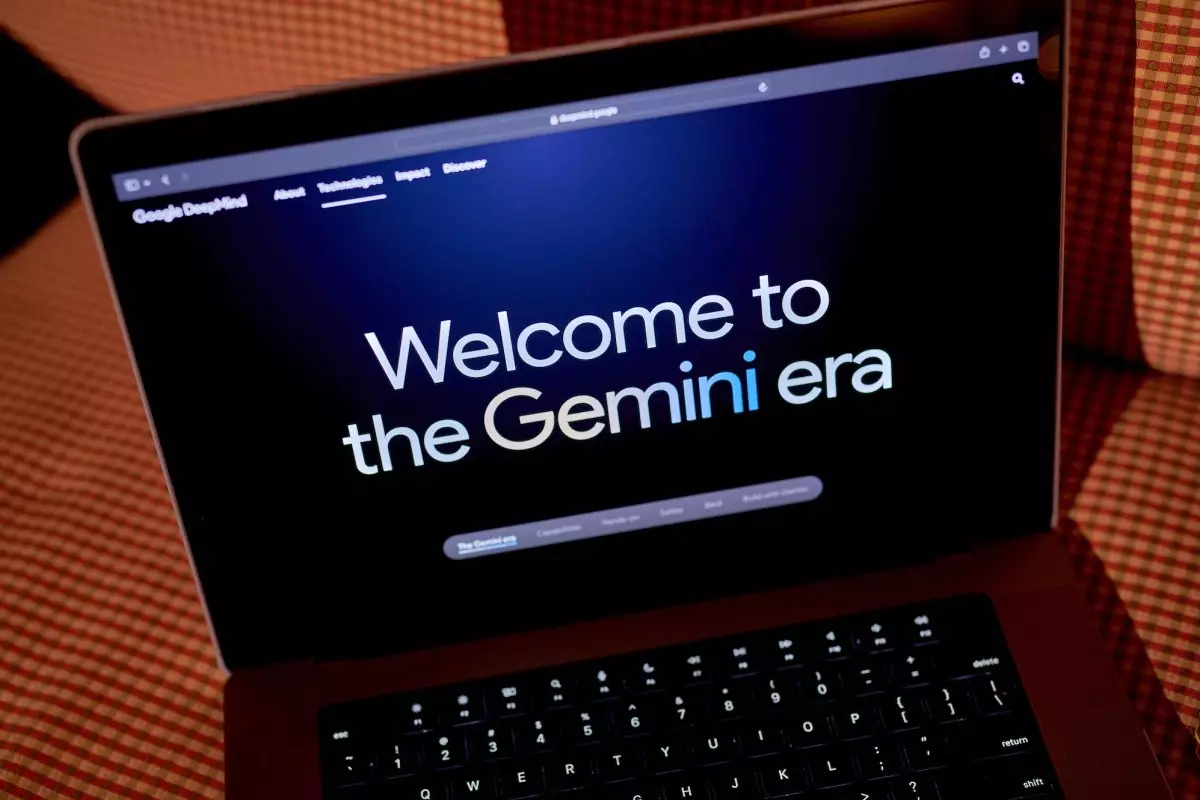The sector of artificial intelligence has become immensely competitive, as companies vie to create models embodying greater sophistication and usefulness. Recently, a closer examination of Google’s Gemini AI reveals an operational strategy that has raised critical ethical and procedural questions regarding competitive analysis. Reports indicate that contractors working on the Gemini project are evaluating its outputs against those produced by Anthropic’s Claude AI model. This article aims to delve into the implications of this practice, the internal dynamics at play, and the significance of safeguarding intellectual property and ethical responsibilities in AI development.
As technology firms strive to optimize their AI offerings, benchmarking against competing models serves as an essential component of the evaluation process. In most instances, companies rely on standardized industry benchmarks for performance comparisons, avoiding the arduous pursuit of manually assessing each competitor’s responses. The information reviewed makes it apparent that Google’s approach diverges from this norm. Instead of employing industry-standard tests, contractors have been advised to conduct detailed evaluations of Claude’s outputs alongside Gemini’s, which presents significant challenges.
Furthermore, a notable feature of this benchmarking approach is the demand placed on contractors to render judgments on criteria such as truthfulness and verbosity within a constrained timeframe of 30 minutes per prompt. This arrangement raises the question of whether contractors, who may lack specialized expertise in certain subject areas, can objectively and accurately assess the complex nuances in AI outputs.
One emerging concern is whether Google secured the necessary permissions from Anthropic to utilize Claude in its evaluation processes. Given that Anthropic prohibits the use of Claude in ways that might facilitate competition, the potential implications of Google’s practices could place the company in a precarious legal position. During its communications, Google steadfastly avoided confirming or denying whether it had received prior approval, which only exacerbates the uncertainties surrounding the ethical conduct of their operational strategies.
Exacerbating this is the issue of sensitivity when using AI in critical areas such as healthcare. Internal correspondence has suggested that contractors feel burdened by the task of evaluating Gemini’s responses on topics where they lack the requisite expertise. The potential risks associated with generating inaccurate information in sensitive domains could compound repercussions for both contractors and the company—heightening the ethical responsibility organizations bear when deploying their models in real-world scenarios.
A striking observation garnered from contractor feedback discusses the inherent differences between Gemini and Claude, particularly around safety features. Reports indicate that Claude employs significantly stricter safety protocols, choosing not to respond to prompts deemed unsafe while Gemini may run the risk of generating unsafe outputs. Such discrepancies are crucial to consider; an AI’s adherence to safety measures can directly impact its societal implications.
More so, showcasing the contrast in responses to prompts—from avoidance in Claude to blatant safety violations in Gemini—further illustrates the depth of consideration that must guide AI development. This comparison inherently raises a pertinent issue: should the industry standard evaluations prioritize not just performance metrics, but also the importance of safety and compliance?
The analysis of Google’s Gemini against Anthropic’s Claude poses compelling challenges for AI researchers and developers. Navigating the complex landscape of AI ethics and competitive analysis requires conscientious deliberation and adherence to best practices. As Google continues to evolve Gemini’s capabilities, balancing the need for innovative advancements with the diligence warranted by ethical guidelines and intellectual property safeguards will be paramount to its success.
As AI continues to permeate various sectors, the operational blueprint that firms choose, including the reliance on contractor evaluations, demands scrutiny. The outcomes of these benchmarking exercises will determine not only the viability of AI models like Gemini but will also inform the larger discourse on the ethical dimensions that underpin AI development in a rapidly evolving technological landscape. Scrutinizing internal processes and ensuring ethical compliance must be at the forefront as the industry grapples with its formidable challenges.

